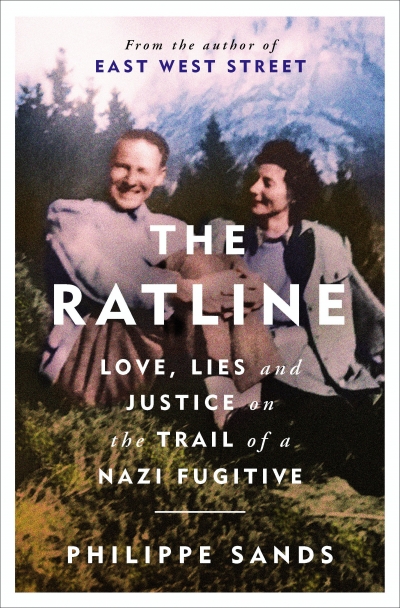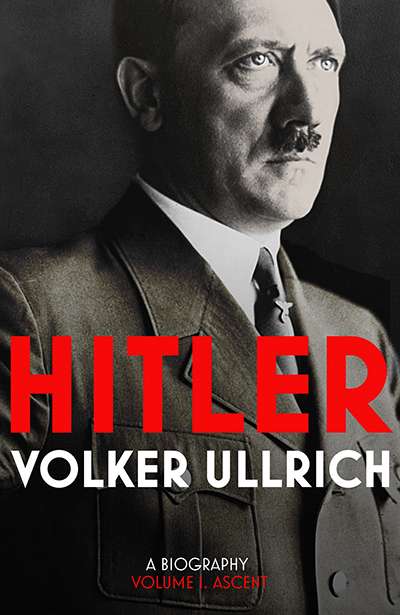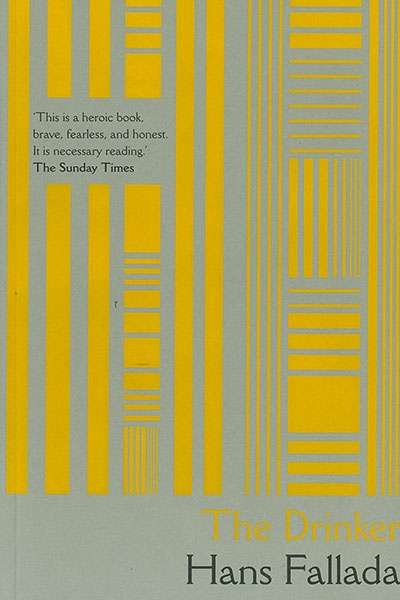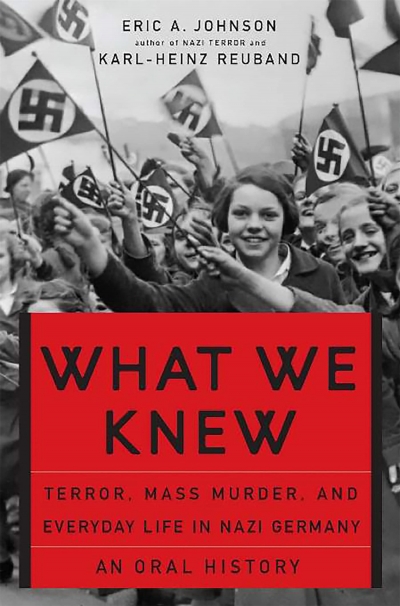Nazi Germany
The Ratline: Love, lies and justice on the trail of a Nazi fugitive by Philippe Sands
by Sheila Fitzpatrick •
Hitler: A Biography: Volume I: Ascent, 1889–1939 by Volker Ullrich, translated by Jefferson Chase
by Miriam Cosic •
Forbidden Music by Michael Haas & Hollywood and Hitler by Thomas Doherty
by Michael Morley •
Silences and Secrets: The Australian Experience of the Weintraubs Syncopators by Kay Dreyfus
by Colin Nettelbeck •
Soldier of Christ: The Life of Pope Pius XII by Robert A. Ventresca
by Ray Cassin •
The Drinker by Hans Fallada, translated by Charlotte Lloyd and A.L. Lloyd
by William Heyward •
What We Knew: Terror, mass murder and everyday life in Nazi Germany by Eric Johnson and Karl Heinz Reuband
by Andrea Goldsmith •








